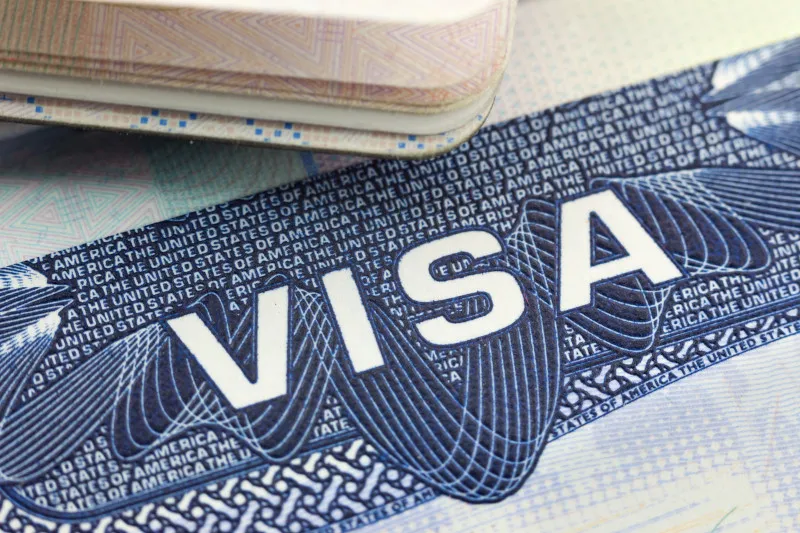The recommendations include:
1.) Allowing individuals with advanced degrees in STEM fields from accredited U.S.universities, or foreign equivalents, to be exempted from the employment-based green card limit.
2.) Eliminating the requirement that students prove an intention to return to their home country upon conclusion of their studies to qualify for a nonimmigrant student visa.
3.) Increasing the number of H-1B visas available and exempting from the annual visa cap H-1B professionals with advanced degrees in STEM fields from accredited U.S. universities or foreign degree equivalents.
4.) Reforming or repealing policies that place international students at a disadvantage in obtaining H-1B status.
5.) Creating immigrant and nonimmigrant visa categories for foreign entrepreneurs.
6.) Streamlining the definition of STEM.
7.) Maintaining flexibility in high-skilled visa categories by avoiding overly bureaucratic rules that restrict access to high-skilled workers.
8.) Reviewing visa policies for graduate students to ensure that the evaluation criteria protect American interests and are not so broad as to eliminate suitable candidates.
9.) Attracting and retaining the STEM talent necessary for protecting U.S. national security interests.
America’s strength lies in its openness, freedom of ideas and our historic ability to benefit from the contributions of people from around the world. As our national competitiveness and national security increasingly depend on our ability to innovate, it is crucial that our immigration policies assist, rather than hinder, our pursuit of the world’s top talent. The United States is a nation of immigrants — and we must continue to be if we are to successfully compete as a global science and technology leader.

